Can I use an air conditioner to heat my home in the winter? This is a question that many homeowners ponder as the colder months approach. While air conditioners are primarily designed to cool the air, some models do have the capability to provide heat as well. In this article, we will explore the feasibility and effectiveness of using an air conditioner as a heating source during the winter months.
Can An Air Conditioner Be Used As A Heater?
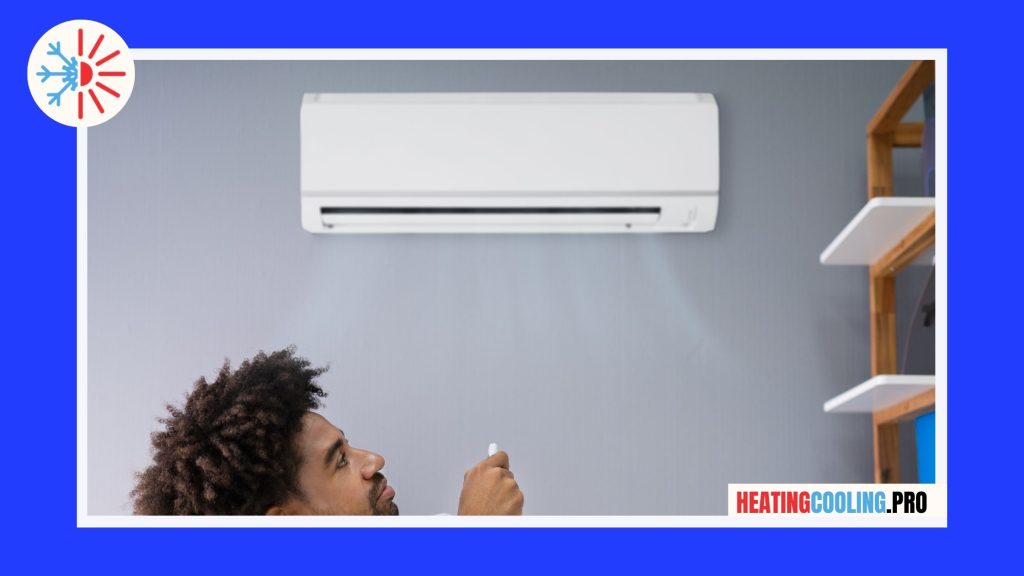
Yes, an air conditioner can be used as a heater through a process called “reverse cycle” or “heat pump” technology. This functionality is typically found in units known as “heat pumps” or “ductless mini-split systems.” Here’s how it works: Heat Pump Technology: An air conditioner can function as a heater through a process known as “heat pump” or “reverse cycle” technology. This technology allows an air conditioner, which typically cools a space, to reverse its operation and produce warm air. During the colder months, the heat pump extracts heat from the outside air, even in cold temperatures, and directs it inside to heat the living space.
Reversing the Refrigerant Cycle: In heating mode, the refrigerant cycle is reversed from its cooling operation. Instead of absorbing heat from the indoor air and releasing it outside, the refrigerant now absorbs heat from the outdoor air and transfers it inside. The warm refrigerant is then circulated indoors, providing heating through the indoor unit’s fan system. Efficiency and Energy Savings: One of the notable advantages of using an air conditioner as a heater is its energy efficiency. Heat pumps are more efficient than traditional heating methods that generate heat, like electric resistance heating. By utilizing the existing heat in the air, the system can provide heating at a lower cost, leading to potential energy savings and reduced utility bills.
Temperature Control and Comfort: Heat pumps offer precise temperature control, allowing users to set their desired indoor temperature for optimal comfort. They can effectively maintain a consistent level of warmth throughout the home, providing a comfortable living environment during the colder months. Dual-Mode Air Conditioners and Geothermal Heat Pumps: Some air conditioning systems come with a “heat mode” or “heat strip” feature, enabling them to provide heating functionality. However, dedicated heat pump systems are often more efficient in heating. Additionally, there are geothermal heat pumps that utilize the stable temperature of the ground to extract or dissipate heat, delivering both heating and cooling efficiently and in an environmentally friendly manner.
Using an air conditioner as a heater during colder seasons through heat pump technology is a viable and energy-efficient solution. It allows for year-round comfort within a home, providing both cooling and heating functionalities with potential energy savings. Consulting a professional HVAC technician can help optimize the performance and efficiency of the system for both cooling and heating needs.
Can An Air Conditioner Be Use In Winter?
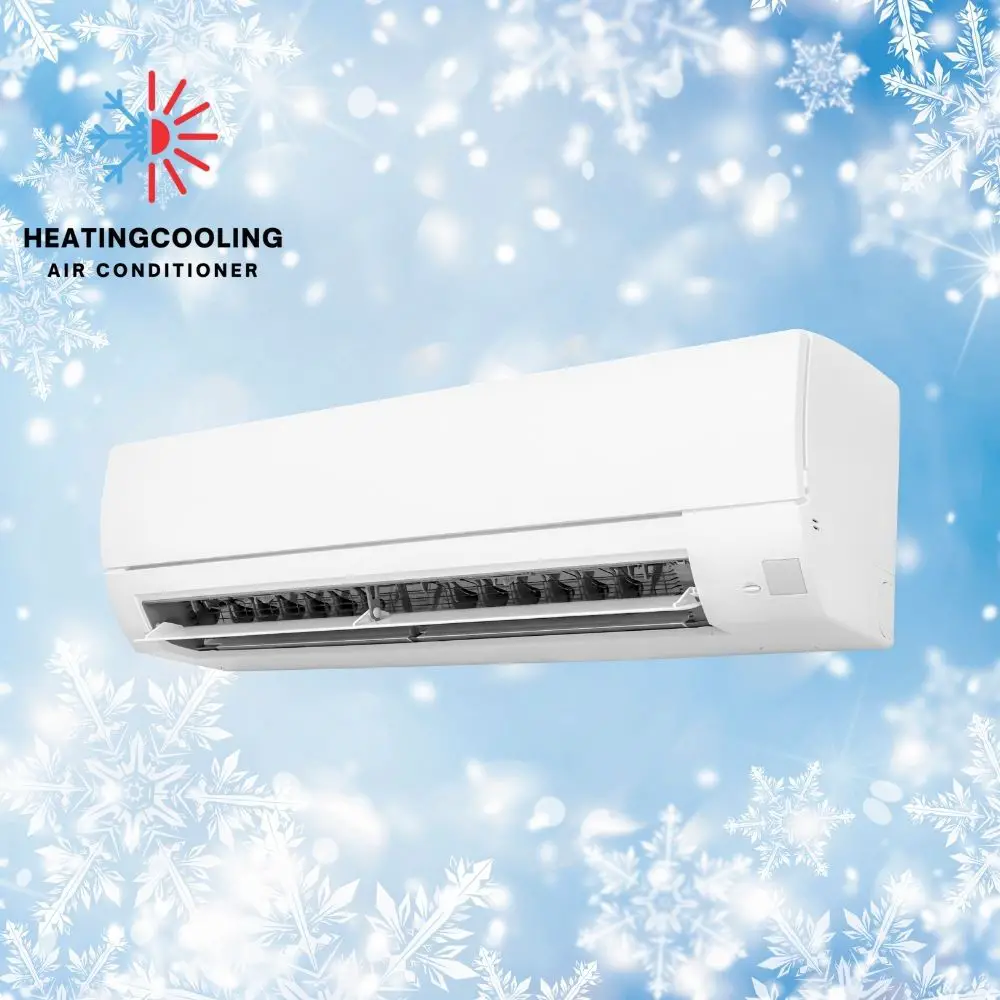
Yes, an air conditioner can be used in winter, especially if it’s a heat pump. A heat pump is essentially an air conditioner that has a reversible refrigeration cycle, allowing it to provide both heating and cooling. Here’s how air conditioners, particularly heat pumps, can be used effectively during the winter months
In winter, a heat pump can be set to heating mode. During this mode, the refrigerant cycle is reversed. Instead of extracting heat from inside and expelling it outside (as in cooling mode), the heat pump absorbs heat from the outdoor air and releases it inside to warm the indoor space.
- Efficient Heating: Heat pumps are energy-efficient heating solutions. Rather than generating heat, they move heat from the outdoor air into the interior. This can be a cost-effective way to heat a space, especially in moderate climates.
- Consistent Temperature: Heat pumps provide consistent and comfortable indoor temperatures throughout the winter. They offer precise temperature control and can maintain a desired level of warmth in your home.
- Supplemental Heating: In colder climates or during extreme cold spells, a heat pump might not provide sufficient heating on its own. In such cases, supplemental heating sources like electric resistance heating (often integrated into the heat pump) or a furnace can be used to boost the warmth.
- Frost Prevention: Air conditioners, including heat pumps, can operate in cold temperatures without getting damaged. They have mechanisms to prevent frost buildup on the outdoor unit, ensuring their continued operation in winter.
- Energy Efficiency: Heat pumps are energy-efficient alternatives to traditional heating systems. They use less electricity to move heat, making them a greener choice and potentially resulting in lower energy bills.
Modern air conditioners, especially those equipped with heat pump technology, are versatile and capable of providing efficient heating during the winter months. Whether as a primary heating source or as a supplemental one, utilizing an air conditioner in its heating mode can contribute to a comfortable and energy-efficient home environment throughout the year.
Understand Whether An Air Conditioner
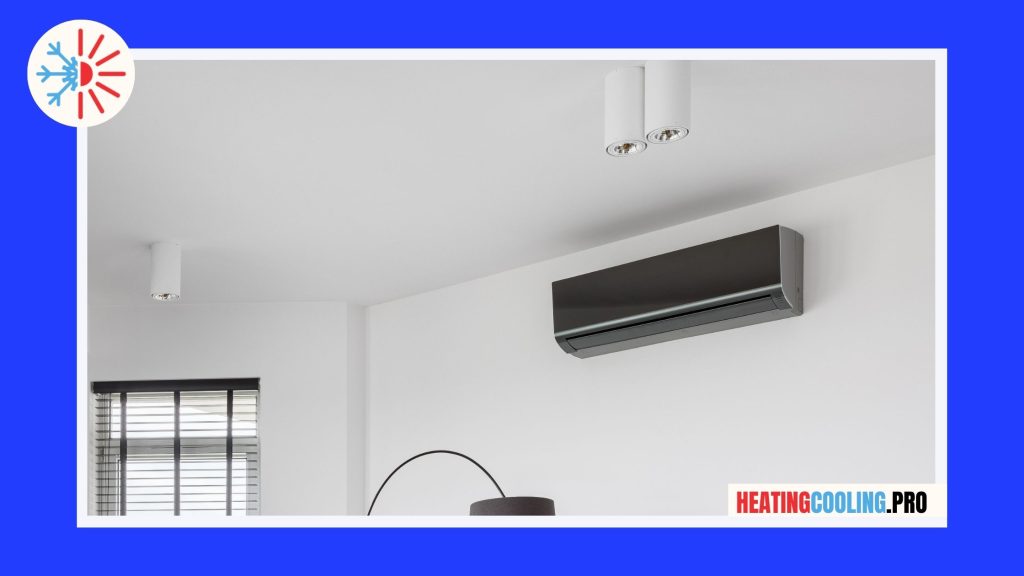
To understand whether an air conditioner can effectively heat a home in winter, it is essential to delve into the mechanics of how an air conditioner works. Air conditioners work by removing heat from a space and expelling it outside, thereby cooling the indoor environment. They achieve this through a process called refrigeration.
Refrigeration involves the use of a refrigerant, a fluid that absorbs heat from the indoor air and carries it outside. The refrigerant circulates through a closed-loop system consisting of a compressor, condenser, expansion valve, and evaporator. During the cooling process, warm air from the room is drawn into the air conditioner through the return air ducts. The refrigerant absorbs the heat from the air, causing it to evaporate and turn into a gas.
The compressor then pressurizes the gaseous refrigerant, raising its temperature even further. The hot refrigerant gas is then pumped into the condenser, where it releases the heat it absorbed from the indoor air. The heat is expelled outside, and the refrigerant turns back into a liquid state. The liquid refrigerant then passes through an expansion valve, where it undergoes a pressure drop, causing it to cool down significantly. The cooled refrigerant then enters the evaporator, where it absorbs heat from the room once again. This process continues until the desired indoor temperature is reached. The cool air produced by the evaporator is then distributed throughout the space via the supply air ducts.
How It Can Be Used For Heating Purposes
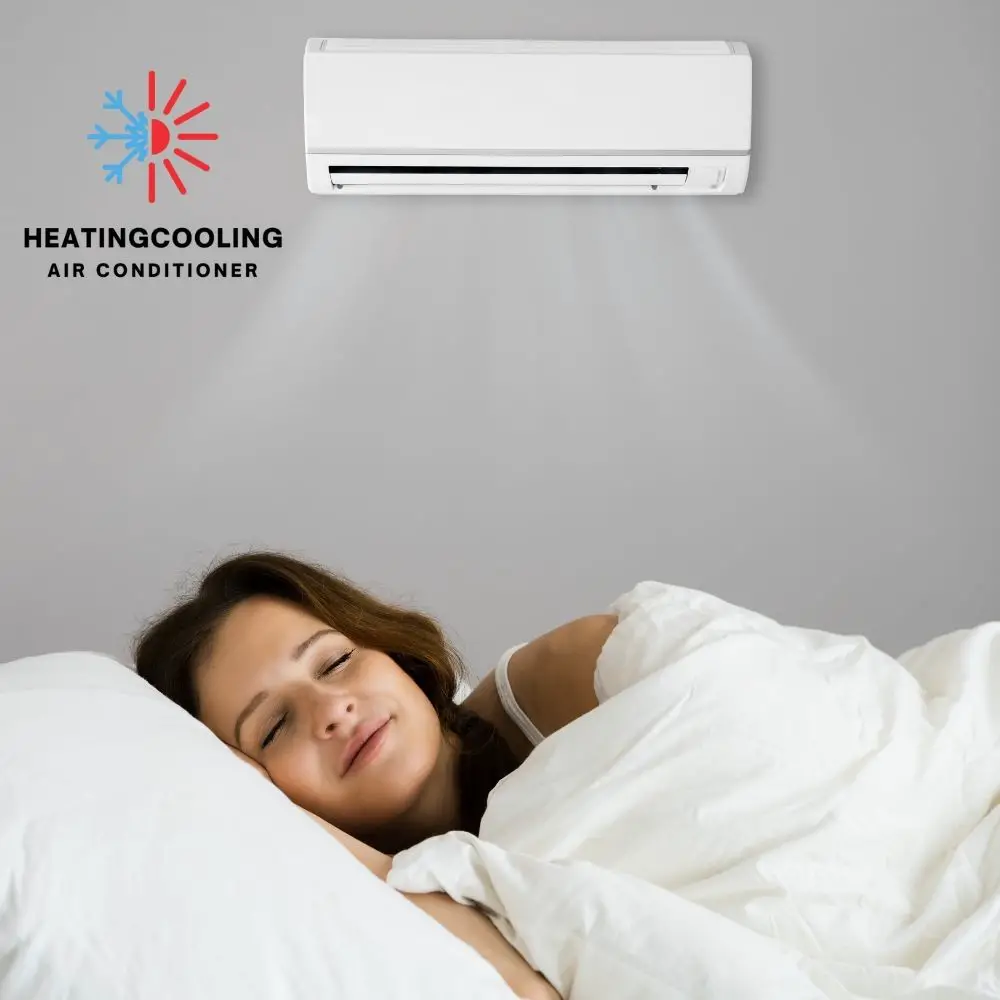
Now that we understand the basic functioning of an air conditioner, let’s explore how it can be used for heating purposes. Some air conditioner models, known as heat pumps, are designed to provide both heating and cooling capabilities. These heat pumps function similarly to regular air conditioners but have an additional valve that allows them to reverse the refrigeration process.When the heat pump is set to heating mode, the refrigerant flow is reversed. Instead of absorbing heat from the indoor air, the outdoor unit absorbs heat from the outside air. This heat energy is then transferred to the indoor air, effectively warming the space. The refrigerant acts as a medium to carry the heat from the outdoor unit to the indoor unit.
Heat pumps can be very efficient in providing heating during mild winters. They are particularly effective in regions where the temperatures rarely drop below freezing. However, in areas with extremely cold climates, the efficiency of a heat pump diminishes as the outdoor temperatures plummet. When the outdoor temperature drops below a certain point called the “balance point,” the heat pump may struggle to extract enough heat from the outdoor air to heat the home adequately.
The Supplemental Heating Sources
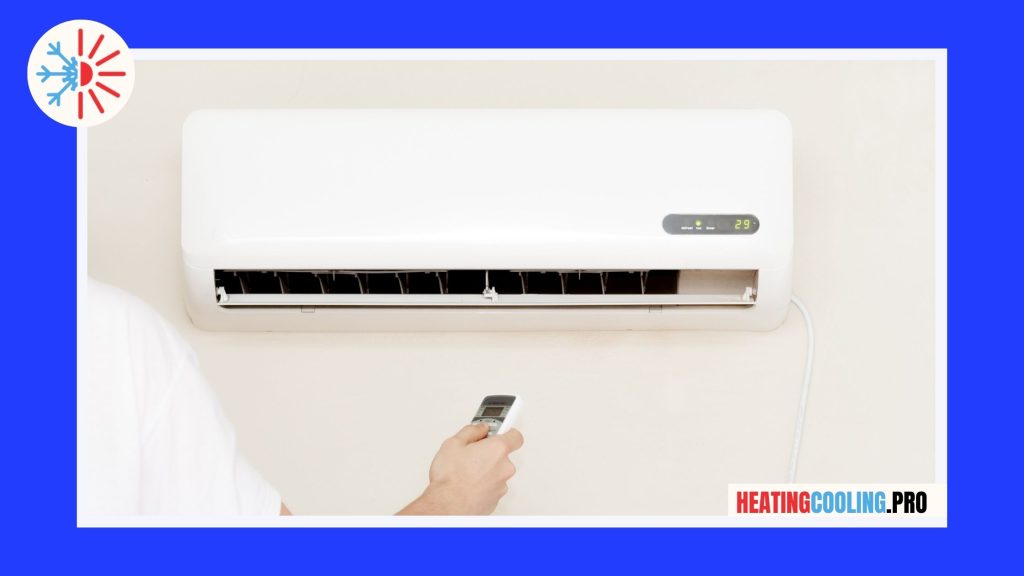
In such cases, supplemental heating sources may be required to maintain a comfortable indoor temperature. These supplemental sources could include electric resistance heaters, gas furnaces, or even traditional wood-burning stoves. It is crucial to consider the climate and weather conditions of your region when deciding whether a heat pump can sufficiently heat your home. Additionally, the size and efficiency of the heat pump play a significant role in its ability to provide effective heating. A properly sized and well-maintained heat pump will perform optimally, ensuring efficient heating during the winter months. It is always advisable to consult with a professional HVAC technician to determine the appropriate size and type of heat pump for your specific heating needs.
Another factor to consider is the insulation and overall energy efficiency of your home. Proper insulation, weather sealing, and energy-efficient windows and doors can greatly contribute to reducing heat loss and maximizing the effectiveness of your heating system, whether it be a heat pump or another source.
Conclusion
In conclusion, while some air conditioners, specifically heat pumps, can provide heating capabilities, their effectiveness in heating a home during the winter months depends on various factors. Mild climates and well-insulated homes can benefit from the use of a heat pump as the primary heating source. However, in colder regions, additional heating sources may be necessary to supplement the heat pump’s performance. It is imperative to consult with HVAC professionals to assess your specific heating requirements and determine the most suitable system for your home. They can provide expert advice, calculate the heat load of your space, and recommend the best heating solution to ensure your comfort throughout the winter season.






